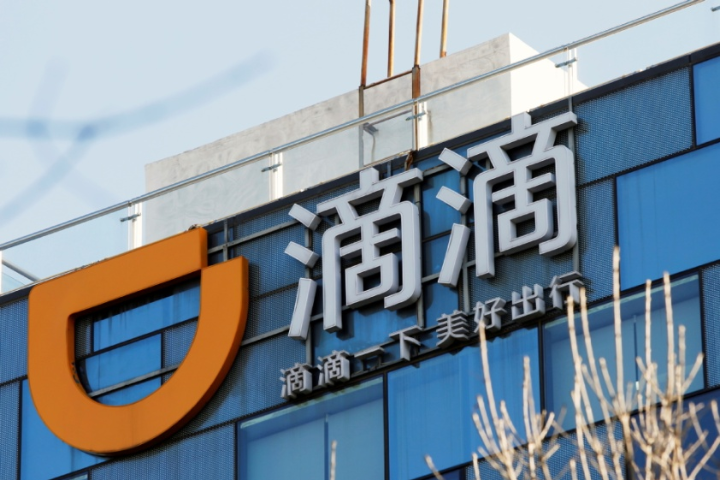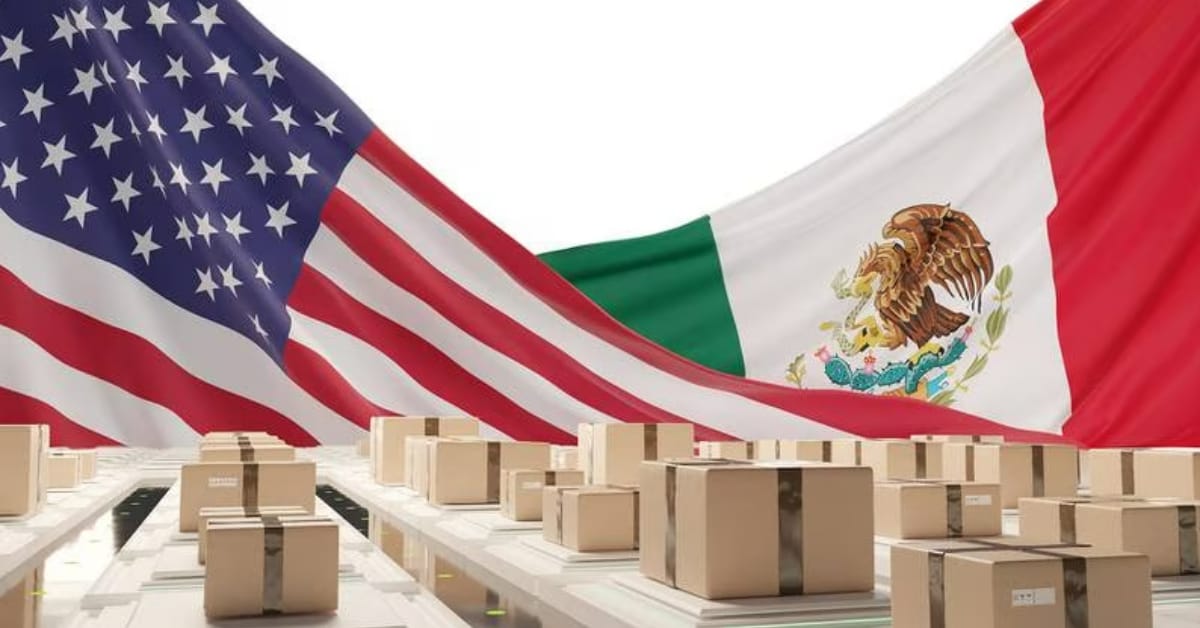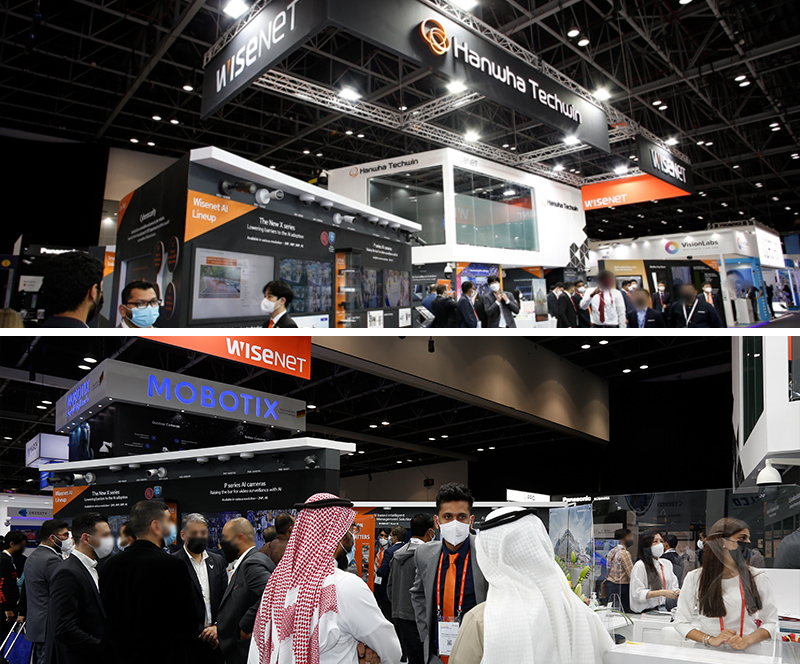Didi Chuxing, China’s ride-hailing giant, just threw down the gauntlet with a massive $285 million (20 billion yuan) investment plan. Is it a genuine commitment to social responsibility, or a strategic maneuver to shore up confidence amidst serious external pressures? I’m leaning towards a bit of both, and honestly, it’s smart.

This isn’t just about optics. Didi is directly addressing concerns about employment and consumer spending, two critical areas for China’s economic stability. They’re throwing another 10 billion yuan at driver support through 2025, effectively acting as a crucial safety net during this period of transition, and frankly, uncertainty.
Let’s be clear: Didi’s employment pool is immense. Maintaining driver loyalty and attracting new recruits requires serious capital, especially when transitioning to new regions or facing increased competition. This injection of funds is a direct attempt to do just that.
But they aren’t stopping there. Another 10 billion yuan is earmarked for passenger subsidies, aiming to boost ridership and, crucially, stimulate broader consumer spending. It’s a clever play – happy passengers mean more rides, which translates to a healthier ecosystem for drivers.
Now, here’s where it gets really interesting. Didi is aggressively expanding its global footprint, starting with a plan to introduce 100,000 Chinese-made electric vehicles (EVs) to the Mexican market by 2030. This isn’t just about ride-hailing; it’s about accelerating the “going out” of China’s manufacturing sector.
Understanding the EV Push:
The move to Mexico is a prime example of China’s ambition to become a dominant player in the global EV market. It leverages Didi’s operational expertise with the rapidly growing Chinese EV industry.
Infrastructure is Key:
Alongside the vehicles, Didi intends to build 10,000 public charging stations in Brazil (through its 99 app). A robust charging infrastructure is vital for EV adoption, and this investment speaks volumes.
Beyond Ride-Hailing:
This integration extends beyond transportation, aiming to create a synergetic ecosystem for Chinese EV manufacturers and related industries on an international stage.
Geopolitics at Play:
The move is significant in the context of global trade and technological competition, positioning China as a leader in both EV production and infrastructure development.
Honestly, this isn’t just a ride-hailing story. It’s a statement. Didi, and by extension China, is signaling its resilience and its commitment to global leadership in the burgeoning EV sector. Watch this space, folks. This is a game-changer.






